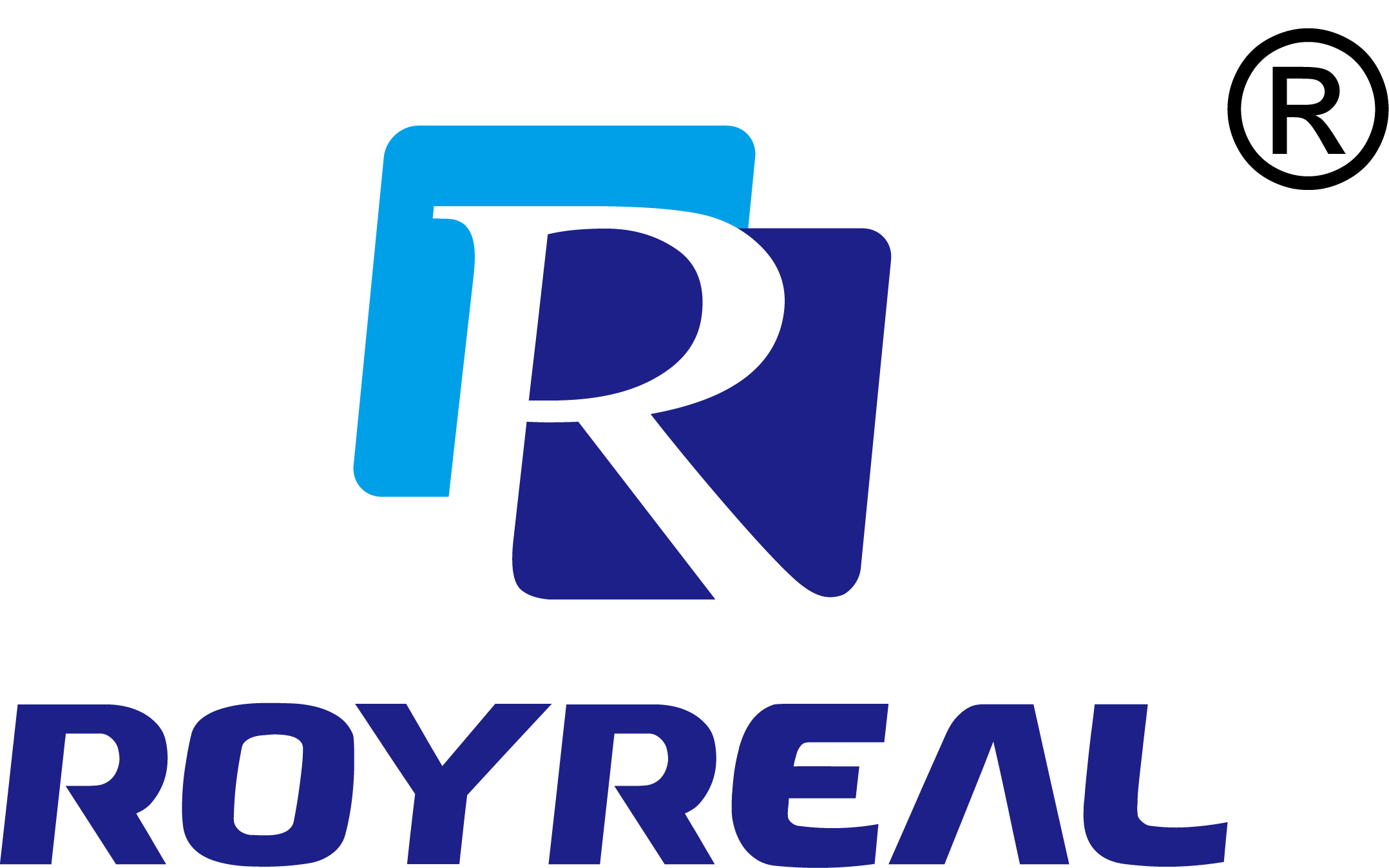Understanding Differential Pressure Flow Computers: Essential Tools for Accurate Measurement
Category: Industry News
Time:2024-12-09
Differential Pressure Flow Computers (DPFC) are critical instruments used in the measurement of flow rates for both gases and liquids across various industries. By harnessing the principles of fluid dynamics, these devices provide precise flow measurements, which are essential for process control, performance monitoring, and resource management.
At the core of a Differential Pressure Flow Computer is the principle of differential pressure measurement. This involves determining the pressure difference between two points within a flow system. When fluid flows through a restriction, such as an orifice plate or a venturi, a pressure drop occurs. The DPFC captures this differential pressure and, using established equations and calibration factors, calculates the flow rate.
One of the primary advantages of using a DPFC is its ability to function effectively in a wide range of flow conditions. Whether it’s a highly viscous liquid or a low-density gas, the DPFC can provide accurate readings without the need for extensive modifications to existing pipeline systems. This versatility makes it an invaluable tool for industries such as oil and gas, water treatment, and chemical processing.
Furthermore, Differential Pressure Flow Computers are designed to accommodate various types of sensors and can integrate with existing control systems. This capability allows for real-time data acquisition and analysis, enabling operators to make informed decisions based on current flow conditions. Enhanced accuracy and reliability are crucial in industries where even minor discrepancies can lead to significant operational issues or economic losses.
In addition to operational efficiency, DPFCs contribute to safety and compliance in industrial processes. Accurate flow measurement is vital for adhering to regulatory standards and minimizing environmental impact. By ensuring precise monitoring of fluid transfers, these devices help companies maintain compliance with environmental regulations and reduce the risk of leaks and spills.
Moreover, advancements in technology have led to the development of smart Differential Pressure Flow Computers, which leverage digital technologies for improved functionality. These smart devices can offer features such as remote monitoring, data logging, and predictive maintenance, further enhancing operational efficiency and providing valuable insights into system performance.
In summary, Differential Pressure Flow Computers play a crucial role in the accurate measurement of flow rates for gases and liquids across various industrial applications. Their ability to provide reliable and precise measurements under diverse conditions makes them indispensable in modern process control. Understanding the significance and operational principles of DPFCs enables professionals to optimize their flow measurement processes, leading to improved efficiency, safety, and regulatory compliance.
Keywords:
 EN
EN RU
RU SP
SP
